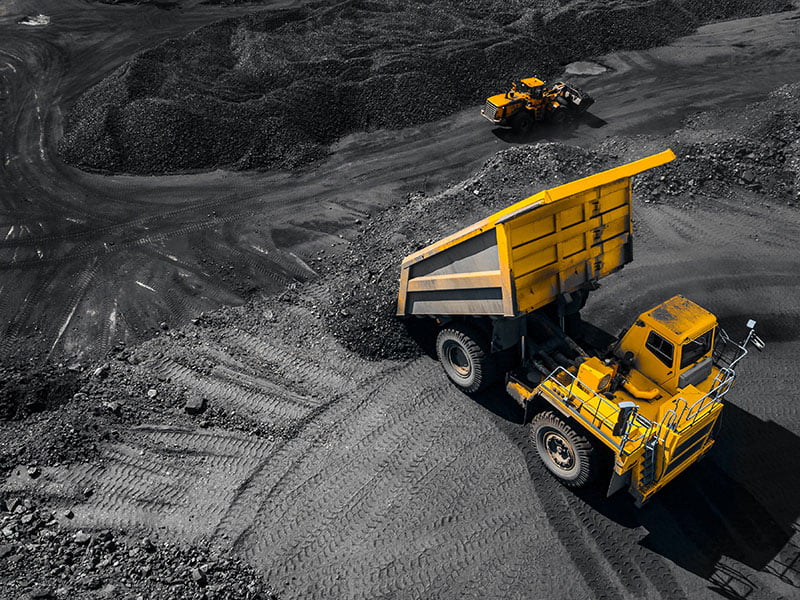Australia’s industrial policy must be overhauled to limit emissions and take full advantage of the decarbonising global economy, according to the Grattan Institute, which warns the current approach lacks scope, direction and is open to manipulation by “vested interests”.
The thinktank on Monday released its report on how Australia must adapt to the “next industrial revolution”, calling for a phase out of policies that encourage greater extraction of fossil fuels and tougher emission reductions settings to encourage a faster transition to net zero.
An “industrial transformation future fund” should be established to share the risk of major capital replacements using low-or-zero-emissions technology, while sovereign wealth funds should be created to share the benefits of the billions in royalties from “net-zero mining boom”.

The report said new industrial policy is needed to replace the current “mix of direct grant schemes with poorly articulated objectives and ill-structured scope, and ineffective regulatory policies.
“Both are routinely open to lobbying by vested interests.”
A more coordinated industrial policy should set clear-eyed goals for Australia’s industrial sector, including its share of the new 2030 and 2050 emissions reduction targets, while phase-out dates should be established for programs and policies that encourage greater fossil-fuel extraction and use.
The federal government should also change the Safeguard Mechanism to lower the baseline of allowable emissions for existing facilities and set more stringent benchmarks for new ones to minimise emissions.
A proposed “industrial transformation future fund” would share the risk of major capital replacement for very low or zero-emissions technology needed to comply.
The new Labor government campaigned successfully on a $15 billion National Reconstruction Fund it has promised will revitalise Australian industry and diversify the economy. New Industry minister Ed Husic has also promised to be less “dogmatic” on industry policy.
The changes proposed by The Grattan Institute focus on the transition to a low carbon economy, which presents huge challenges and opportunities for Australia.
“Coal and gas will inevitably decline, which is frightening for people who rely on those industries for a living and challenging for governments that rely heavily on those sectors for economic growth,’ said report author and Grattan Institute Energy and Climate Change program director Tony Wood.
“But if government and industry can forge a new strategic partnership, Australia will be able to create jobs and boost prosperity in a net-zero world by building export-oriented industries based on our vast renewable energy and mineral resources.”
According to the Grattan report, the change effectively means the end of coal mining in Australia and industrial policy should be used to support the transition, including directing royalties from coal into supporting regions heavily dependent on it.
At the same time federal infrastructure and technology funding agencies like ARENA and Export Finance Australia should give priority to growing “export-oriented industries that can flourish in a net-zero global economy”.
Governments also need to plan to share the wealth created from new industries and increased royalties from existing ones forecast to be vital to the transitioning global economy, such as critical minerals mining.
State governments can expect to at least double the royalties they collect from mining industries like copper as global demand grows. The Grattan report argues states could maintain current royalty rates and their current spending from the collection. But the additional royalties from the boom should be used strategically.
“The Queensland Government could continue to spend the same amount of copper royalties as it earned in 2019, and save the ‘bonus’ royalties from the net-zero mining boom in a sovereign wealth fund,” the report said.
“If this fund earns an annual return of 5 per cent above the government bond rate between 2020 and 2030, and 3 per cent thereafter, then by 2041 Queenslanders would have an endowment of $4.5 billion from copper alone.”
Do you know more? Contact James Riley via Email.

